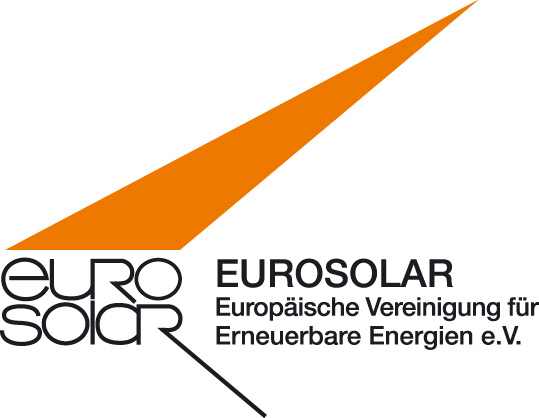
Article by Dr David Mutch & Anthony Price
A Local Energy Market (LEM) is an intuitively simple idea. A consumer is using energy; their neighbour’s solar panel is generating surplus. Instead of selling this surplus to a supplier, who then sells it back to their neighbour, the generator sells direct to their neighbour. The generator gets a better price, incentivising renewable generation and benefitting the environment, their neighbour gets cheaper energy, and the varying price of electricity encourages energy generation and consumption at times of day that benefit the distribution network.
Article by Dr. Josep Puig i Boix
Surprisingly, wind technology continues to suffer from a great deal of misunderstanding among some sectors; and it is the object of criticism and even hoaxes despite being a basic instrument for the energy transition and totally necessary for facing the fight against the climate crisis. These are some of the myths:
Vamos al futuro
Spain. The South of Europe shows us what a coal exit without generous palliative measures on the part of the state looks like: in Spain, the end of climate-damaging energy production is taking place much more quietly, but above all much more quickly. Seven of Spain's 15 coal-fired power stations were taken off the grid at the end of last month.
All but two of operators of the remaining plants have already applied for decommissioning. Greenpeace Spain assumes that no coal-fired power plants will be on the grid by 2025 at the latest. This would mean that the Iberians would be much quicker than Germany, which does not want to shut down its last coal-fired power station until 2038.
Article by Dr. Axel Berg
Since the financial crisis of 2008, the leading industrialised countries have increasingly closed themselves off and protected their own industries and agriculture. The rules of the World Trade Organization are increasingly being ignored. Bilateral trade agreements are on the rise. Trade is becoming increasingly unfree. Under US President Trump, the policy of isolation has been accelerated. In 2020, Corona comes and deals another blow to the world economy: the vulnerability of our global system is becoming more and more obvious.
By Dr. Diana Böttger et al.
In this article we analyze three different scenarios for a complete defossilization of the German energy supply system. The focus is hereby on flexible technologies and synthetic fuels in the year 2050. These technologies are necessary to balance supply and demand in a system based on weather-dependent renewable energy sources. The power sector is able to cover a considerable share of the energy demand in the heat and transport sector. This is made possible by flexible sector coupling technologies such as heat pumps and electric mobility. All considered models manage to find solutions for a deep defossilization if flexibility and storage options are available.
Special times require special measures. As organizers of the annual IRES conference, we were obliged to think of a new concept to keep all our participants safe and sound while creating a space for scientific exchange and discussion. Therefore, for the first time in its history, the traditional International Renewable Energy Storage Conference (IRES) took place online as a web summit. Nearly 50 scientists from all over the world presented their latest research results on the storage of renewable energies. This event also marked EUROSOLARs preparations for its next twin conference: the IRES 2021 in partnership with Energy Storage Europe at Messe Düsseldorf, 16-18 March 2021.
Article by Claus P. Baumeister
The almost childlike joy of the German Minister of Economics, Peter Altmaier, was not difficult to see for himself at the press conference on June 10. At last he has his beloved hydrogen project home and dry, designed to catapult Germany to the world market leader in the hydrogen economy - Germany great again? Unfortunately, nobody really has explained to him that hydrogen (H2) is not a primary energy carrier, but has to be produced in an energy-intensive way and, if necessary, converted back into electricity or processed further (Power2X).
Article by Timon Gremmels, MP and Loïc Geipel, published in Solarzeitalter 1-2020
The German government's climate package is intended to finally revive the energy turnaround in Germany. But to achieve the climate targets, far-reaching measures are needed to give new impetus to the sluggish expansion of renewable energies. Tenant power has the potential to become the future driver of the energy turnaround.
Interview with Dörte Fouquet, published in Solarzeitalter 1-2020
With the Communication from the Commission to the Parliament, the European Council, the Council, the European Economic and Social Committee and the Committee of the Regions of 11.12.2019, the European Commission presented its proposal, the European "Green Deal".

